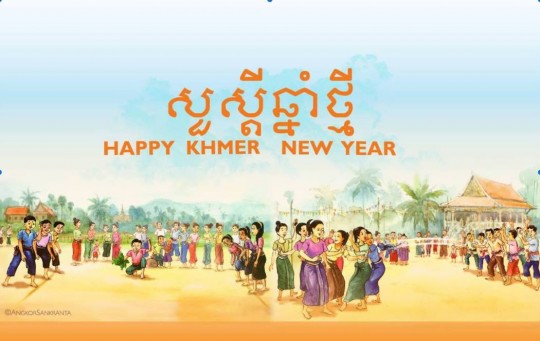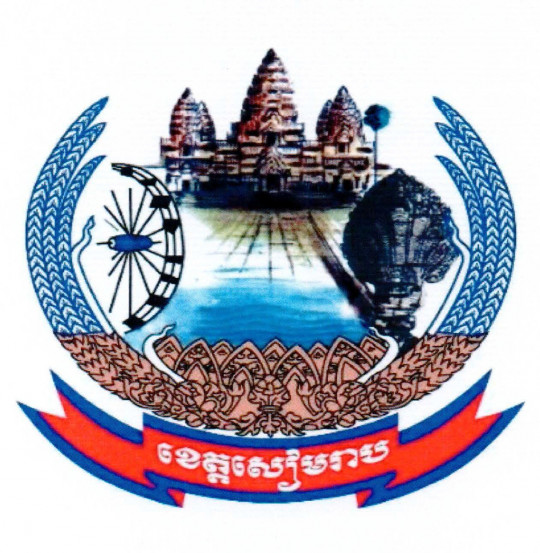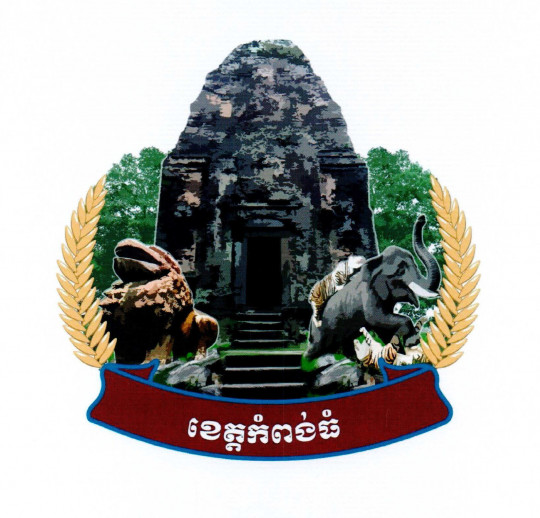Khmer New Year Celebration
Khmer New Year, also known as "Choul Chnam Thmey," meaning entering the new year, is a national holiday hosted by Cambodians annually. It is the season when Cambodians have free time from harvesting rice and other agricultural commodities. The event is Cambodia's largest event and lasts three days, on the 13th, 14th, or 15th of April (in a specific year, it could be on the 14th to 16th of April).
Phnom Penh Capital City
Phnom Penh is Cambodia's one and only capital and most populous city. It has been the national capital in two separate periods: the first period is a capital city from 1434 to 1497 and the second one is from the French Protectorate of Cambodia (in 18650) till the present, and has gradually grown to become the nation’s economic, industrial, and cultural center. Phnom Penh, covering 679 square kilometers, borders only Kandal Province.
Siem Reap Province
Siem Reap is one of the northwestern provinces of Cambodia which is 314 kilometers from Phnom Penh along National Road 6. Siem Reap, covering 10,299 square kilometers, is on the flat plain of Tonle Sap lake. Its neighboring provinces are (from north clockwise) Oddar Meanchey, Preah Vihear, Kampong Thom, Tonle Sap Lake (The Great lake), Battambang, and Banteay Meanchey.
Kampong Thom Province
Kampong Thom is a central province of Cambodia that is 168 kilometers from Phnom Penh and 150 kilometers from Siem Reap along National Road 6. Kampong Thom, covering 13,814 square kilometers, borders (from north clockwise) Preah Vihear, Stung Treng, Kratie, Kampong Cham, Kampong Chhnang, Tonle Sap lake, and Siem Reap.
Pchum Ben Day or Ancestor Day
Pchum Ben, also known as Ancestor's Day, is a half-month period (fifteen days: from one Roach to fifteen Roach) of remembrance for dead family members, which traditionally begins between September and October (the tenth month of the Khmer Calendar). Pchum Ben is believed to be a time when the souls of our ancestors that passed away may come back to us. The course of their journey will be decided by their karma and by the offerings made by their living relatives during Pchum Ben.






